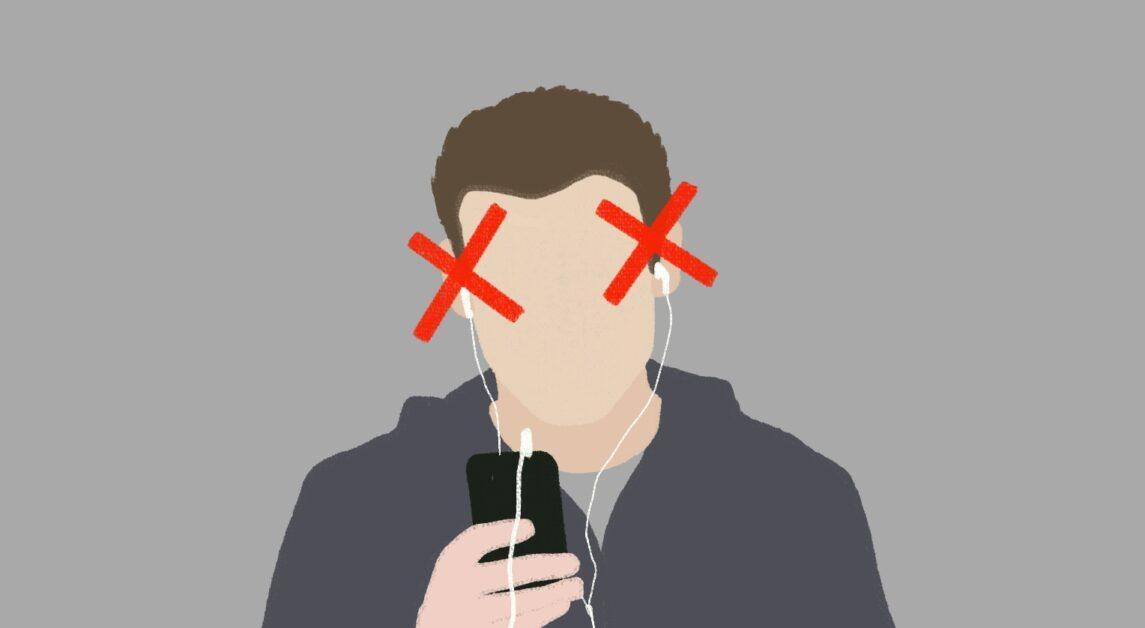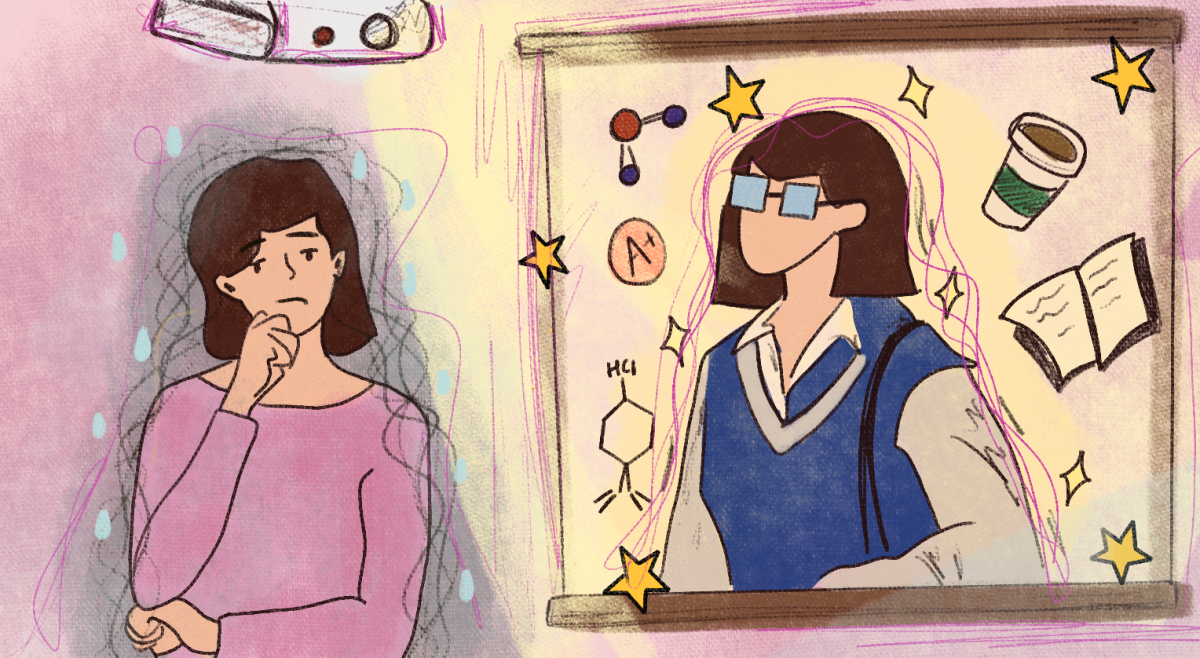What did you give up for Lent? If you’re not Catholic, what would you sacrifice for a brief period of time?
And why isn’t it technology?
This Lent, I decided to give up—at least to some extent—my technology usage. Although I’m not writing this column with pencil and paper, I did delete TikTok. Instead of using my big noise-cancelling headphones, I opted for my broken wired earbuds that only work on the left side or no headphones at all.
Unsurprisingly, I’ve been feeling great these past few weeks. Without the late-night doomscrolling, I wake up peacefully, as if “Morning Mood” by Edvard Grieg is playing in my head. Without my noise-canceling headphones, my walks to campus are accompanied by the orchestra of the outside world—the drum of my footsteps, the jingle of my backpack, and the ambient chorus around me. I’ve also had more small interactions with others—people asking for directions, giving or receiving compliments, and stopping for quick chats with friends passing by.
The idea that reducing technology usage greatly improves your well-being and fosters a sense of belonging with others is not groundbreaking. But there’s more to it. Technology was supposed to connect us, and in many ways, it does. More often than not, however, it connects us to itself rather than to each other.
During the pandemic, we relied on our phones, computers, and Zoom to attend classes, celebrate holidays, or see others from a safe distance. After quarantine ended, though, the “new normal” was established, and our new technology habits stuck. Before, I could throw my phone in my bag and forget about it for hours. Now, I feel almost like a cyborg—I always have my phone on me or at arm’s reach.
I’ve grown more accustomed to a screen than another person’s presence than I like to admit. I BC lookaway people by pretending to be texting. My giant headphones make me miss hearing people call my name, miss people talking to me, or not approach me at all. At O’Neill, I have my laptop open, headphones in, phone on standby—intentionally walling myself off with an electronic fence. Other students do the same—sure, technology helps us focus and work efficiently, but when we’re constantly plugged in throughout the day, I wonder how many small, human moments we miss.
The shift towards efficiency is noticeable on other parts of campus. As someone who works in BC Dining, I see the growing use of self-service kiosks and mobile orders in dining halls. Sure, they make people’s lives easier–especially mine. But they also reduce the amount of human interaction we have daily. We’ve always relied on each other in small and meaningful ways, and the push toward hyperautomation feels like it’s cutting away at those daily doses of connection.
And connection is crucial to us. I post online or create Instagram stories to have some sort of connection with other people online, but in doing so, I start to focus on a connection through a screen rather than my peers sitting next to me.
I’m not here to preach and regurgitate our parents’ talking points on why phones are bad. I won’t pretend that giving up TikTok or my headphones suddenly turned me into a more present and transcendent person. But taking a step back and reevaluating my technology habits has made it clear how deeply ingrained it is in my life, how much I rely on it, and how disconnected it makes me from others.
I don’t think we need to abandon technology altogether. It’s a powerful tool that—when used well—makes life easier. But this tool rids us of relying on and connecting with others. As a result, we isolate ourselves. Although where to draw the line is unclear to me, I believe my brief sacrifice has helped me move in the right direction.[/vc_column_text][/vc_column][/vc_row]













